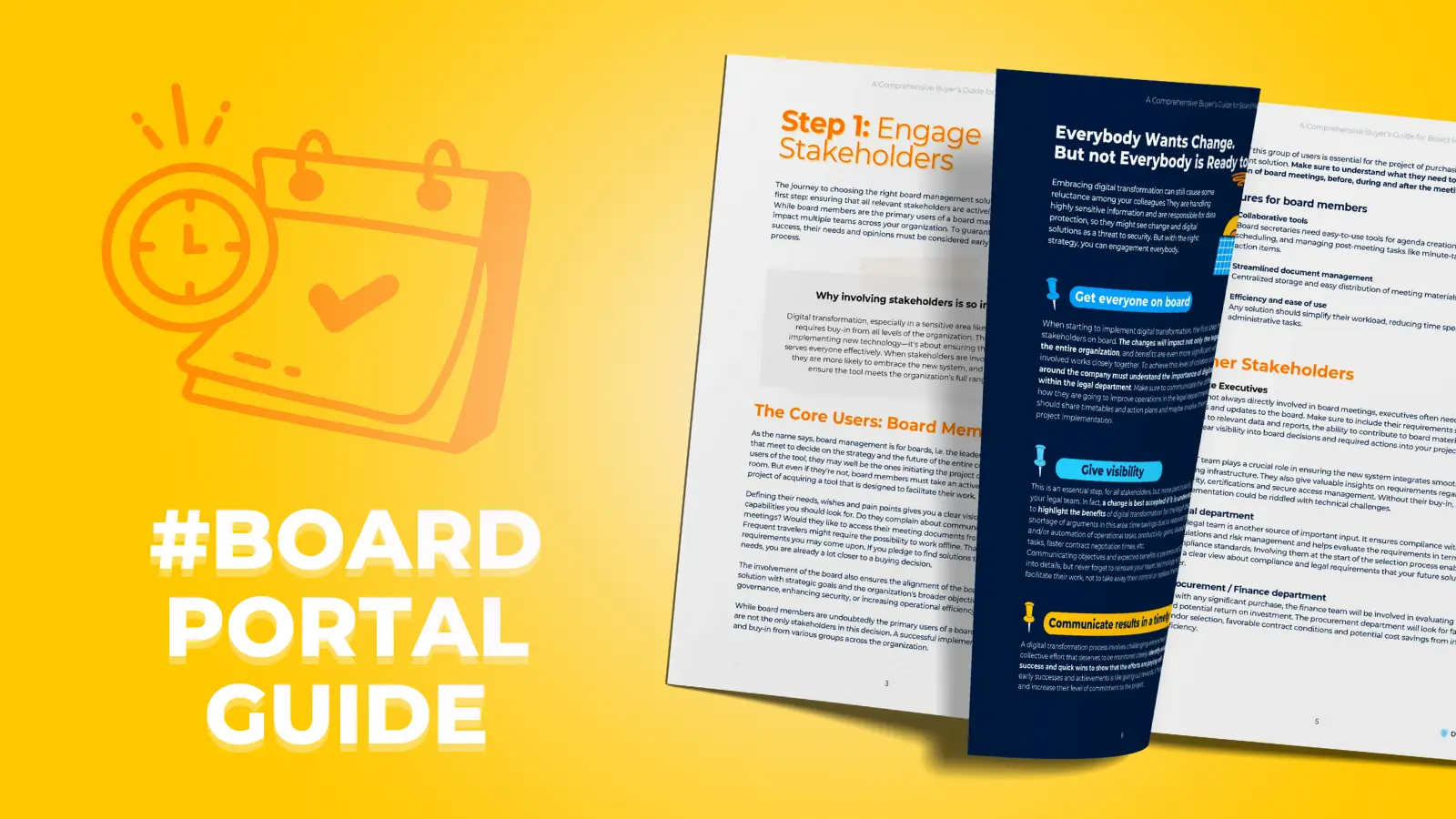The general secretary position stands as a cornerstone in organizational governance, serving as the administrative backbone across associations, corporations, and non-profit entities. This role combines strategic oversight with practical implementation, ensuring an organization operates efficiently while maintaining proper documentation and compliance. Understanding general secretary responsibilities is essential for both those in the position and the organizations they serve.
What Is a General Secretary?
Before exploring the specific duties of a general secretary, it’s important to understand what the role actually represents. Though the title may vary slightly across industries, the general secretary typically holds a central leadership position that blends administrative precision with strategic oversight.
Indeed, a general secretary functions as the principal administrative officer within an organization, overseeing secretarial functions while also contributing to strategic direction. Unlike other executive roles focused primarily on operations or finances, the general secretary maintains responsibility for organizational memory through record-keeping, meeting management, and information dissemination. This position exists in various contexts – from corporate boards to international organizations – with responsibilities tailored to specific organizational needs.
Core Responsibilities of a General Secretary
The general secretary’s role extends far beyond traditional administrative tasks. As a key figure in shaping, guiding, and maintaining the organizational structure, this position encompasses a wide array of responsibilities. From strategic leadership to policy execution and day-to-day coordination, the general secretary acts as both an operational backbone and a governance advisor.
Strategic Leadership and Organizational Oversight
The general secretary provides critical leadership by actively participating in strategic planning sessions and closely monitoring the implementation of board decisions. They play a key role in ensuring continuity during leadership transitions, offering valuable guidance on governance matters and best practices.
Additionally, the general secretary supports committee members in carrying out their mandates, helping to align their efforts with the organization’s broader strategic goals. These responsibilities require balancing immediate administrative needs with long-term organizational vision, making the role both challenging and impactful.
Communication and Representation Duties
Effective information flow stands among the most important responsibilities of a general secretary. This includes:
Through these functions, the general secretary becomes the information hub, facilitating clear communication across all organizational levels.
Policy Development and Implementation
General secretaries play an instrumental role in shaping and maintaining organizational policy. They are responsible for drafting policy documents in line with board directives and for keeping the policy manual up to date and accessible to relevant stakeholders.
In addition to monitoring compliance with established policies, they proactively recommend updates when legal or operational requirements evolve. To ensure effective implementation, general secretaries also provide training and resources that support staff and leadership in adhering to these policies.
Administrative and Logistical Coordination
The administrative responsibilities form the foundation of the general secretary role:
These tasks ensure organizational continuity and provide the documentation necessary for effective governance and legal compliance.
Key Skills and Qualifications Required
To meet the wide-ranging demands of the position, a general secretary must possess a strong blend of interpersonal, organizational, and analytical skills. These competencies enable them to lead with clarity, communicate effectively, and manage complex responsibilities across various organizational domains.
Leadership and Decision-Making Abilities
Successful general secretaries demonstrate sound judgment in complex situations, often making decisions that balance immediate concerns with long-term goals. They are able to work independently while still aligning with collective decision-making processes.
Their leadership style is diplomatic, particularly when navigating competing priorities within the organization. A strong commitment to the organization’s values and mission guides their actions, and they possess the ability to delegate tasks effectively while maintaining appropriate oversight and accountability.
Communication and Negotiation Skills
The role demands exceptional communication abilities including:
These communication competencies support transparency while maintaining appropriate confidentiality around sensitive matters.
Organizational and Analytical Competence
General secretaries bring strong organizational and analytical skills, managing records with precision, solving problems strategically, and leveraging technology to ensure efficient, compliant, and transparent operations.
Challenges Faced by General Secretaries
While the role of a general secretary offers significant influence and responsibility, it also comes with complex challenges. From managing competing demands to maintaining impartiality under pressure, general secretaries must constantly navigate organizational tensions. Understanding these challenges is essential to appreciating the resilience and adaptability the role requires.
Balancing Internal Management and External Representation
General secretaries often struggle with:
Addressing these challenges requires exceptional time management and clear role definition.
General secretaries often face competing priorities, limited authority, and pressure to remain neutral while executing decisions they may not fully support. Navigating these challenges requires discretion, strong relationship management, and a steady focus on organizational integrity and cohesion.
The Strategic Importance of the General Secretary Role
The general secretary position, though sometimes underappreciated, provides essential continuity and administrative support that enables organizational success. Beyond managing meetings and producing minutes, these professionals serve as guardians of organizational process, facilitators of governance, and key contributors to strategic direction.
Organizations benefit from recognizing the strategic value of this role by:
With proper support and recognition, general secretaries transform from administrative functionaries into strategic partners, enhancing organizational effectiveness through their unique combination of administrative expertise and governance knowledge.
For organizations seeking to optimize their governance processes, investing in tools and training for general secretaries represents a strategic decision that yields benefits across all operational areas. Digital governance solutions offer particular advantages, streamlining administrative tasks while enhancing information security and accessibility.Want to learn more about how DiliTrust can enhance your corporate governance?



